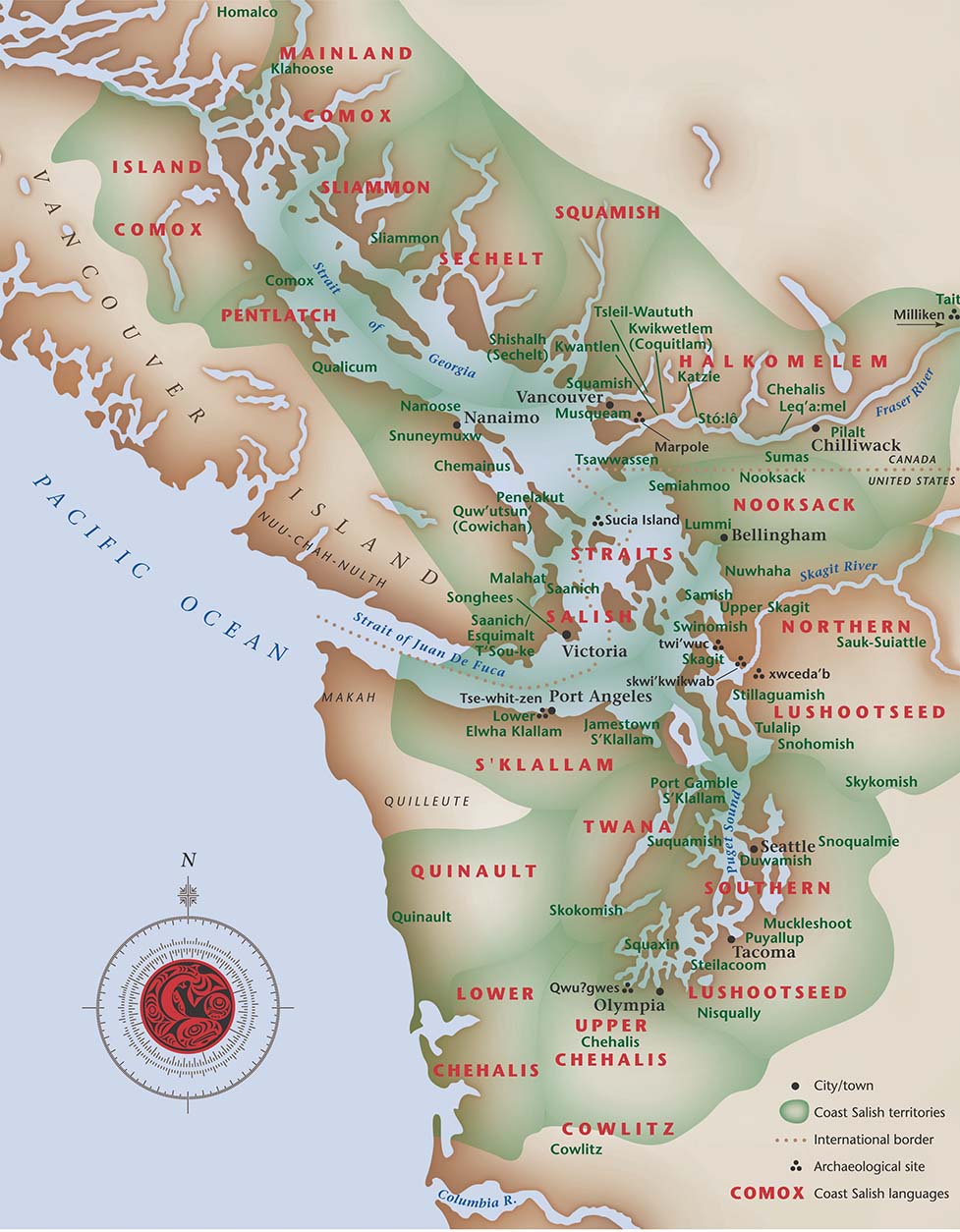April 30, 2014 By ELLIOTT SMITH
As featured in The Bellingham Herald
This isn’t breaking news, but salmon and orcas don’t stop at the border. They don’t show passports and clear customs or shop at the duty-free store.
The environment doesn’t stop at the border and neither does the economy. A healthy economy depends on a healthy environment and we must work across the border with our Canadian and tribal/First Nations partners to ensure both.

This week in Seattle, Western Washington University is the proud lead organizer of the Salish Sea Ecosystem Conference bringing together about 1,200 of the top marine science professionals, First Nations and tribal leaders, industry executives and policymakers who make decisions about resource management on our shared waters. The Salish Sea encompasses all of the inland marine waters of southern B.C. and Western Washington, from the Johnstone Strait at the top of Vancouver Island to the bottom of Puget Sound near Olympia. The Salish Sea also includes the Georgia Strait in Whatcom County and B.C., as well as the San Juan Islands, Hood Canal and the Strait of Juan de Fuca out to the Pacific Ocean.
Our region’s future demands that we have serious conversations across international and jurisdictional boundaries about the decisions before us in marine resource management. Since the 1970s, Western has reached beyond the Canada/USA border with our research and teaching on environmental and economic issues. WWU’s Huxley College of the Environment and Center for Canadian-American Studies have been leaders in thinking, and acting, across the border with common sense solutions for over 40 years.
This week, we live it.
This is not underwater tree hugging. The Salish Sea Ecosystem Conference is an important dialogue about the future of our marine waters and the jobs that depend on them.
We cannot just yell at each other about coal trains and jobs. We must sit down at the table together and weigh the pros and cons of decisions that will affect our children’s health and economic well-being for generations to come.
This week, Western provides that table, and the forum for the exchange of information that will lead to intelligent decisions. More than 450 scientific presentations will be delivered this week at the Washington State Convention Center by scientists from both sides of the border. The goal is, quite simply, to provide the best scientific and policy research that can lead to decisions that will foster the long-term health of the Salish sea and the economy that depends on it.
It is crucial that we work with our neighbors and partners to understand the latest scientific research, so we can make the smartest decisions for our region’s future. Western Washington University’s mission is to serve the people of our region by encouraging learning. This week, we proudly carry that mission forward as lead organizer of the Salish Sea Ecosystem Conference.
Bellingham is at the heart of the Salish Sea, and WWU is proud to be at the heart of this important conference.
ABOUT THE AUTHOR
Elliott Smith is the 2014 Salish Sea Ecosystem Conference Administrator at WWU. Find him on twitter at @soundslikepuget.
